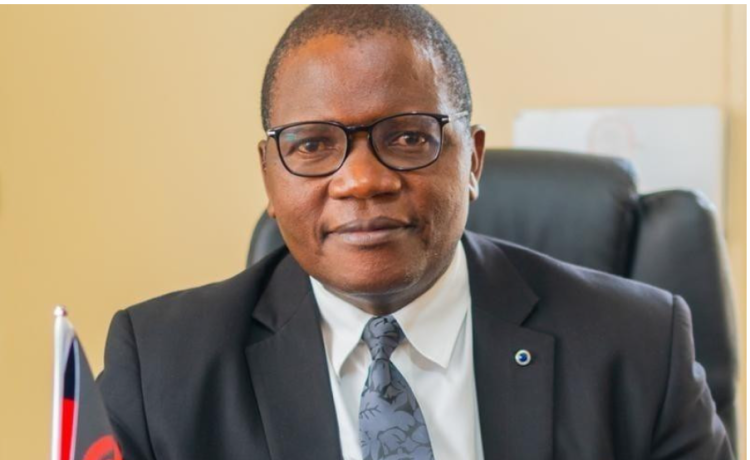When the Office of the President and Cabinet (OPC) thought it had finally perfected its new formula for humiliating senior executives through arbitrary “secondments,” it met its match — and this time, the victim isn’t taking the bait.
Prince Phwetekere, Executive Director of the Higher Education Students Loans and Grants Board, has stood up to what many are calling an institutional abuse of power disguised as administrative procedure. The OPC’s recent attempt to second him to Domasi College of Education — a move it trumpeted as “approved and effective immediately” — has backfired spectacularly.
In a sharp and legally grounded response, Phwetekere told the OPC he is going nowhere. He reminded the Chief Secretary’s office that he voluntarily retired from the civil service on February 28, 2023, before taking up his five-year contractual appointment at the Loans Board the following day. In short, he is not a civil servant — and therefore cannot be “seconded” anywhere by the OPC.
It’s a simple legal fact, yet one that exposes a worrying trend in how the OPC has been operating lately. Instead of focusing on governance reforms or service delivery, the nerve center of government appears preoccupied with humiliating CEOs and senior officials — often those deemed too independent or uncooperative — by shuffling them off to irrelevant institutions under the pretext of “secondments.”
This practice, dressed up as administrative efficiency, reeks of institutional bullying. It undermines professionalism, destabilizes public institutions, and creates a climate of fear. When the OPC starts behaving like an employment agency gone rogue, the integrity of the civil service is compromised.
In this case, however, the tables have turned. Phwetekere’s decision to resist has turned what OPC expected to be a quiet reassignment into a potential legal showdown — one he looks likely to win. His argument is airtight: once a person retires from the civil service, they are legally out of government employment. A contract with a statutory board is a separate matter, governed not by civil service rules but by the terms of that agreement.
If this goes to court, the law will almost certainly side with Phwetekere. And rightly so. Retirement means out of service. The OPC cannot second a man who no longer falls under its jurisdiction. The best the government can do now is respect the contract — or pay for breaking it.
But the broader issue is more disturbing. Why is the OPC so obsessed with seconding executives instead of strengthening their institutions? Why does it appear to take pleasure in embarrassing capable professionals, as if the civil service were a personal chessboard? These power games do not build loyalty or efficiency; they breed resentment and legal chaos.
It’s time someone at the OPC remembered that administrative authority is not a weapon. The office exists to uphold order, not to settle political or personal scores. If this culture of arbitrary secondments continues, more cases like Phwetekere’s will surface — and the courts will be the ultimate referee.
For now, Phwetekere has stood his ground. And in doing so, he has exposed the OPC’s overreach for what it is — not governance, but arrogance.
Sometimes, one word can end an entire argument. In this case, that word is retirement.













